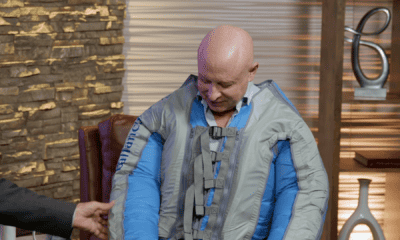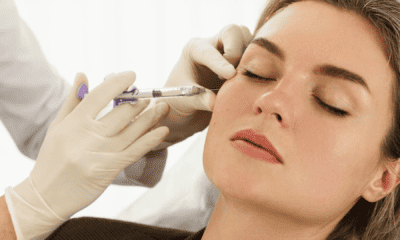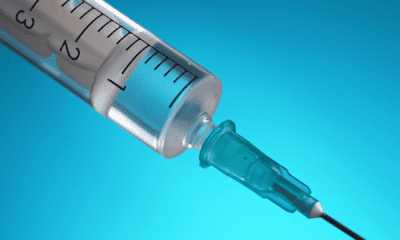Occasionally, the Food and Drug Administration will weigh in on the vitality and effectiveness of recently-introduced procedures in plastic surgery. Additionally, the FDA will offer warnings after a certain number of risky procedures have taken place. While this professional hesitation can and has been thoughtful in the past, sometimes those on the ground – in this case, expert plastic surgeons – bring more nuance to the discussion than blanket statements.
In modern plastic surgery, two procedures that have grown wildly in recent years are under a critical eye by the FDA – procedures that rejuvenate the vaginal mucosa and fat grafting the buttock. For the former, the FDA warns of the effectiveness of the procedure, citing that results remain too dubious for practitioners to claim success. For the latter, fat grafting to the buttock (also known as a Brazilian Butt Lift) has an unfortunate recent past of patient deaths during the operation. While extremely serious, there remains nuance to describe why this occurs.
Board certified plastic surgeons Dr. Kevin Smith, Dr. John Q. Cook, and Dr. Sean Doherty and intimately familiar with these procedures being “damned” by the FDA, and know that, while there are issues, these can be controlled for. Below they describe the two and why FDA warnings should be read and understood, but aren’t the final say as to whether or not a procedure is effective and/or safe.
The Saga of Fat Grafting to the Buttock
An undeniable new aesthetic in the West is a shapely buttock. This comes with an explosion of buttock augmentation utilizing a patient’s own fat, rather than highly problematic implants. Surgeons now remove fat from areas of the patient’s body with liposuction, then add it into areas of the buttock to contour the body. This procedure isn’t just meant to add volume; shape and contour is the goal.
The procedure has been wildly successful, yet it has a dark side. Improperly injected fat has caused patient death on operating tables, triggering a massive – and welcomed – response by safety boards. The FDA’s warnings are real, but perhaps are heavy-handed. Board certified plastic surgeon Dr. Sean Doherty of Boston believes what patients really need to know is the procedure can be effectively and safely performed, given that the right research was done into the surgeon.
“So many patients are concerned with and interested in the aesthetics of the buttock,” he shares. “Fat grafting is clearly an appropriate and helpful procedure, though there is a significant risk of injury when done inappropriately. I think we need to educate our patients to look for the appropriate person to do the procedure, ask appropriate questions, and really know what they’re getting themselves into.”
The ultimate question patients are desiring an answer for is thus: is it safe? “Absolutely,” says Doherty. “We only want to take care about our patients and keep them safe and provide appropriate procedures. I do think fat grafting to the buttock is an excellent procedure when done on the right patient who has the right expectations done with the right hands.”
Dr. John Q. Cook, a board certified plastic surgeon practicing in Chicago, agrees. “Although this is a procedure that’s been done thousands and thousands of times, it’s also true that there have been a certain number of complications,” he shares. “A lot of these things are really technical, but if we can put our best minds together, then we can bring patients the benefit of a procedure while bringing the risk profile down to a very, very low level.”
Vaginal Rejuvenation – Result-less Procedures or Effective?
The FDA has also recently decided to charge that vaginal rejuvenation procedures are probably not affecting real change, and therefore are some sort of false advertising. Again, it’s difficult for the experts to share in this idea when their patients return overjoyed with the results. “Rejuvenation of vaginal mucosa is a fantastic procedure,” shares Doherty. “Patients have amazing responses to it; it literally transforms women’s lives.”
Why then does the FDA pursue a more negative outlook? “I think it all comes down, again, to the skills of people who are doing it and appropriate patient selection,” explains Dr. Cook. “In other words, you don’t just do these procedures on everyone who walks in the door. This is, again, a point to look for ethical people who are going to do this in the right way for the patient.”
The Conclusion – Find an Expert you can Trust
All three PSC surgeons agree: fat grafting to the buttock and vaginal rejuvenation procedures are effective and safe in the right hands. “Brazilian butt lifting and vaginal rejuvenation procedures can be safe and effective,” concludes Dr. Smith. “It’s absolutely imperative they’re done for the right patient by the right practitioner. Patients need to do their due diligence and do their research to make sure they’re in good hands to have an expected, great outcome.”



















Facebook
Twitter
Instagram
YouTube
RSS